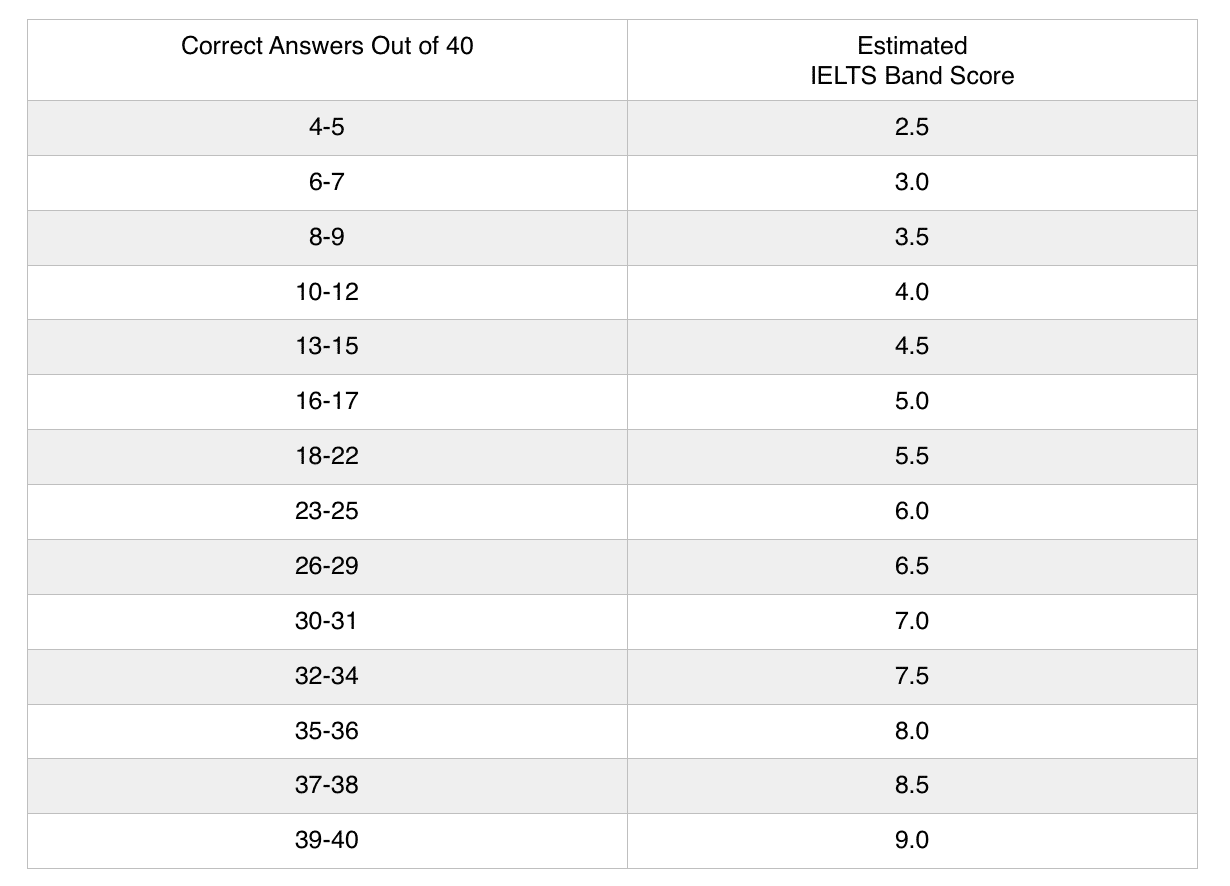For individuals looking to study or work abroad, the IELTS (International English Language Testing System) score is a crucial factor. This standardized test measures a person’s proficiency in the English language and is accepted by universities, colleges, and organizations worldwide. Achieving a high score on the IELTS exam can open up a world of opportunities for individuals seeking to pursue their academic or career goals in an English-speaking environment.
With a growing number of international students and professionals seeking opportunities abroad, the competition to secure a spot in a reputable institution or organization has become increasingly fierce. A strong IELTS score can set you apart from other candidates and demonstrate your ability to effectively communicate in English, which is essential for success in an English-speaking environment.
IELTS Score
The IELTS exam is scored on a scale of 0 to 9, with each band representing a different level of English proficiency. A score of 9 indicates an expert user of the language, while a score of 1 indicates a non-user. Most institutions and organizations require a minimum score of 6.5 or 7 for admission or employment, although some may have higher requirements depending on the program or position.
Scoring well on the IELTS exam requires a combination of strong language skills, effective test-taking strategies, and thorough preparation. The exam consists of four sections – Listening, Reading, Writing, and Speaking – each of which assesses different aspects of your English language abilities. By familiarizing yourself with the format of the exam and practicing regularly, you can improve your chances of achieving a high score.
It is important to note that the IELTS score is valid for two years from the date of the exam, after which it expires. If you are planning to apply to a program or job that requires an IELTS score, make sure to take the exam within the specified timeframe to ensure that your score is considered valid.
In conclusion, the IELTS score plays a significant role in determining your eligibility for study or work opportunities abroad. By obtaining a high score on the exam, you can demonstrate your proficiency in the English language and increase your chances of success in an English-speaking environment. With proper preparation and dedication, achieving your desired IELTS score is well within reach.
